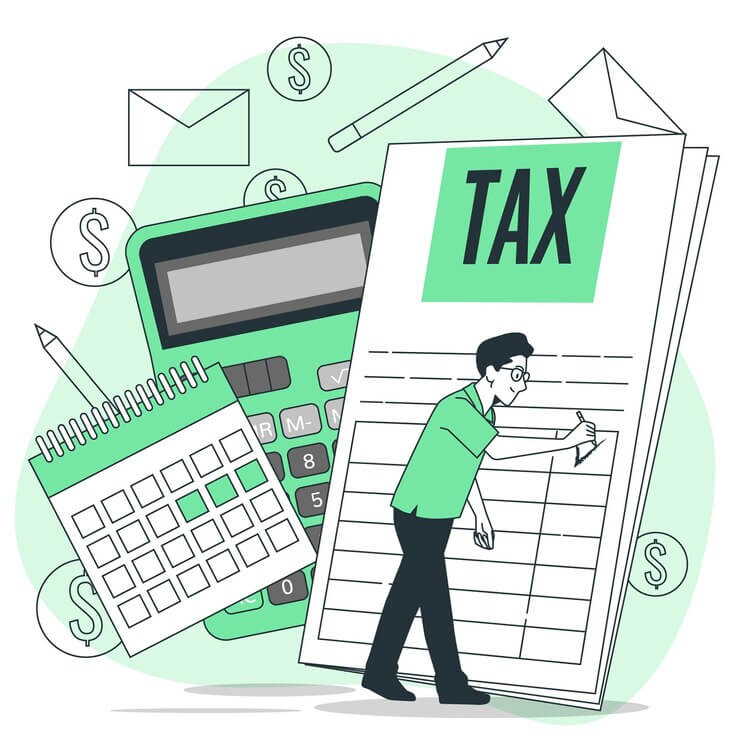In Pakistan, the concept of filers and non-filers plays a crucial role in the tax system. Understanding this distinction is essential for fulfilling your civic duty and reaping potential benefits. This blog post will guide you through the intricacies of filer and non-filer status in Pakistan.
READ: Pakistan Cracks Down on Tax Evaders: Thousands of SIMs Blocked
Who is a Filer?
A filer is an individual or entity that has registered with the Federal Board of Revenue (FBR) and files income tax returns annually. This registration process involves obtaining a National Tax Number (NTN) or becoming a holder of a Taxpayer’s Card (CNIC with tax information). By filing income tax returns, filers declare their taxable income and pay any taxes due.
READ: Hajj 2024 Packages: Find Your Perfect Fit for a Spiritual Journey
Who is a Non-Filer?
A non-filer is someone who has not registered with the FBR or does not file income tax returns. This could be due to various reasons, such as being unaware of the requirement, not meeting the income threshold for filing, or simply neglecting to register.
READ: Rudn Enclave Breaks Ground on First House!
Advantages of Being a Filer

There are several advantages to being a filer in Pakistan. These include:
- Lower Tax Withholding Rates: Filers generally enjoy lower withholding tax rates on transactions like bank withdrawals, property purchases, and investment returns.
- Access to Certain Facilities: Being a filer grants access to certain facilities and services, such as obtaining loans, purchasing vehicles, or contesting elections.
- Travel Benefits: Filers may face fewer restrictions on travel, such as obtaining travel documents or using motorways.
- Building a Credit History: A filing history can positively impact your creditworthiness, making it easier to secure loans in the future.
- Fulfilling Civic Duty: By filing taxes, you contribute to the national development process and promote a fair and transparent tax system.
Disadvantages of Being a Non-Filer
Conversely, being a non-filer comes with certain disadvantages:
- Higher Tax Withholding Rates: Non-filers face higher withholding tax rates on various transactions.
- Limited Access to Facilities: Non-filers may encounter restrictions when applying for loans, purchasing certain items, or accessing specific services.
- Travel Restrictions: Non-filers may face difficulties obtaining travel documents or using certain travel facilities.
- Potential Penalties: The FBR can impose penalties on non-filers who are later found to be liable to pay taxes.
READ: Great News for Yukon Villas Investors May 2024!
Who Should File Income Tax Returns?
The requirement to file income tax returns depends on your income source and amount. Generally, individuals with salaries exceeding a specific threshold, business owners, and those receiving income from rent, property sales, or investments are required to file. You can find detailed information about the filing requirements on the FBR website https://fbr.gov.pk/.
How to Become a Filer
Becoming a filer is a straightforward process. Register online through the FBR website or visit your nearest FBR office. The process involves submitting basic information, obtaining an NTN, or becoming a Taxpayer’s Cardholder.
Conclusion
Understanding the distinction between filer and non-filer status is crucial for Pakistani citizens. By fulfilling your tax obligations and becoming a filer, you can enjoy various benefits and contribute to a more equitable tax system. It’s a win-win situation for both you and the nation.
